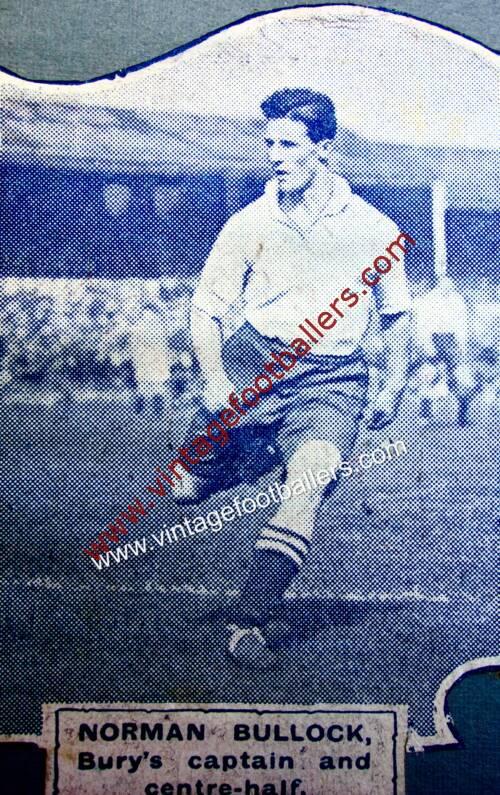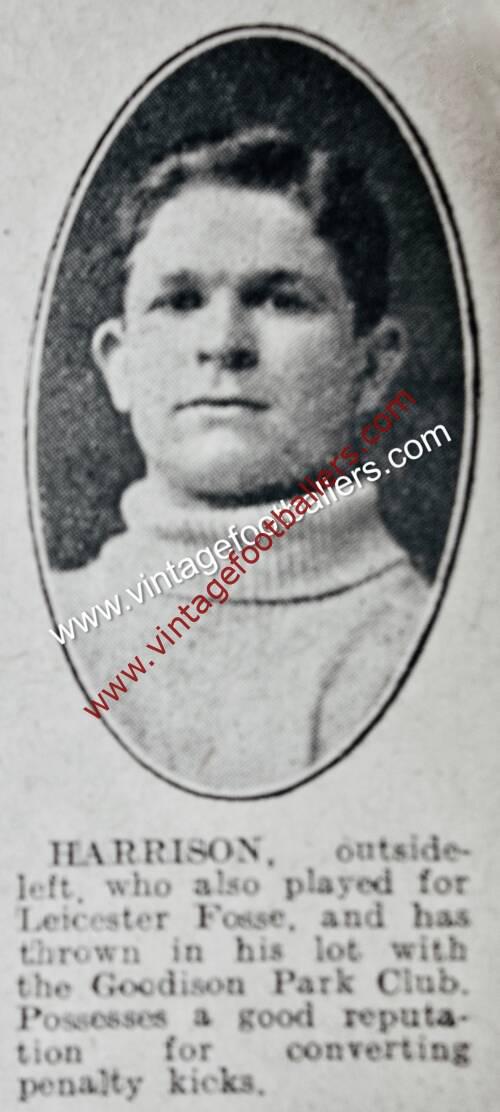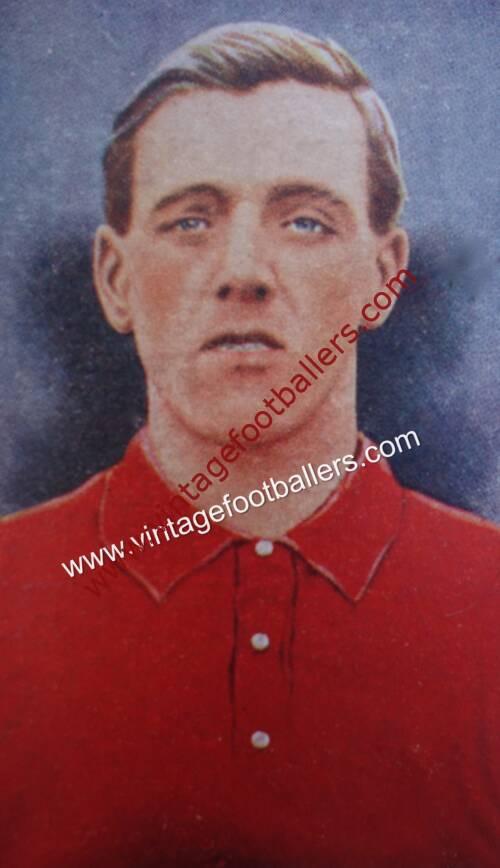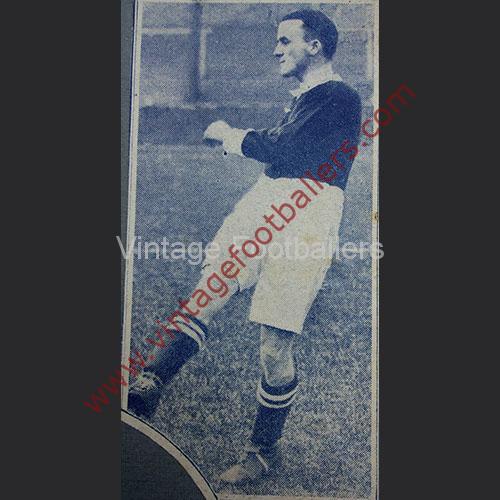Please choose your photo size from the drop down menu below.
If you wish your photo to be framed please select Yes.
Note: 16″x 20″not available in a frame.
Images can also be added to accessories. To order please follow these links
£8.95 – £49.95
Please choose your photo size from the drop down menu below.
If you wish your photo to be framed please select Yes.
Note: 16″x 20″not available in a frame.
Images can also be added to accessories. To order please follow these links
Leith, Fife born football manager Peter Hodge began his career playing for a local youth team in 1890 then soon became secretary of Dunfermline Athletic’s junior side whom he took to the final of the Scottish Junior Cup in 1897. He then became a fully qualified referee and spent a 10 year stint refereeing matches in the Scottish League and also became honorary secretary of Dunfemline Athletic in 1906.
He was hired Raith Rovers’ first manager in 1907 and led them to the Scottish Second Division title in his first season in charge. Raith were then elected to the First Division in 1910, he was ousted by an “ambitious director” in October 1912.
In June 1914, Stoke hired him as a replacement for Alfred Barker. He guided the club to the Southern League Division Two title and successful re-admission to the Football League, but his chance of management in the higher leagues vanished with the outbreak of the First World War and the suspension of competitive football in May 1915. Hodge returned to Scotland where he combined a job as a military recruiting officer with managing Raith Rovers between 1916 and 1919.
He was then appointed manager of Leicester City in September 1919. Leicester as a club had spent most of their pre-war history with a modest reputation of lower league obscurity, getting small crowds and having had, on a couple of occasions, to apply for re-election. The club also often found itself financial troubles, having entered administration just before the War.
However, Hodge began to change the infrastructure of the club becoming the club’s first full manager, as opposed to the secretary/managers before him, disbanding the “selection committee” at the club and taking over full control of player and staff recruitment, team selection and tactics. He built the club up over several seasons, instilling the traditional “Scottish passing style” into the club, finally winning the Second Division Championship in 1924-25 (only the second ever time the club would be playing in the top flight).
He brought in players, several from has native Scotland, such as Arthur Chandler, Johnny Duncan, Adam Black, Hugh Adcock, Arthur Lochhead and Ernie Hine, all of whom would go on to become key players in the club’s history and by the end of his stint average attendances had almost trebled from their pre-war averages.
This eventually culminated with Leicester finishing in its highest ever League finish (until 2016) as runners-up in the League Championship in the 1928-29 season, though now under the stewardship of Willie Orr, Hodge is generally regarded as the “primary architect of [Leicester] City’s rise to First Division respectability.” and that “though it was Orr who took the club to its greatest ever league finishes, [Hodge] built up many of the systems and much of the side which saw the club go so close to its grail”.
In April 1926 Hodge became manager of a struggling Manchester City as they were about to be relegated with two matches of the season remaining. After missing out narrowly on promotion in 1926-27 when they finished third in the Second Division, he once again guided a side to the Second Division Championship in 1928 and took the club to third place in the League Championship two years later in 1930. During his time at Manchester City he reputedly signed on Matt Busby as a trainee.
Hodge again joined Leicester in April 1932, leading the club to its first ever FA Cup semi final in 1934, when they lost to Portsmouth at St Andrews. He left Leicester City on 31st July 1934 after suffering an illness during preparations for the 1934-35 season and died 18 days later in his home town of Perth. He was held in such high esteem by both the club and the players at Leicester that six of his players past and present: Arthur Chandler, Adam Black, Hugh Adcock, Arthur Lochhead, Jim McLaren and Roger Heywood were pall-bearers at his funeral.
| Weight | N/A |
|---|



